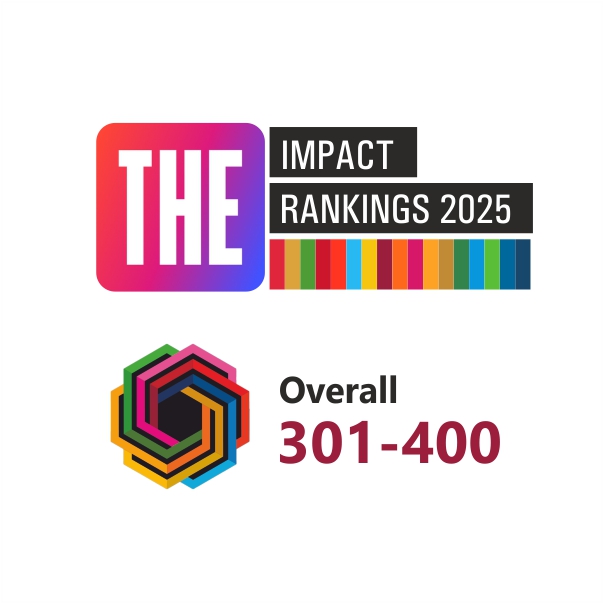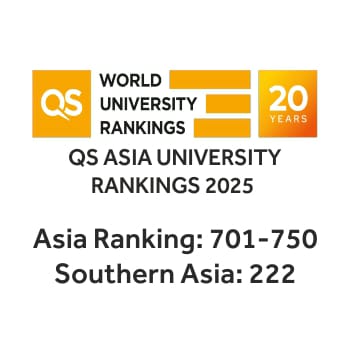OVERVIEW
The Bachelor of Pharmacy (B.Pharm.) is a comprehensive four-year undergraduate program designed to prepare students for a successful career in the pharmaceutical sector. Regulated under the policies and regulations of the Pharmacy Council of India, this program equips students with the knowledge and skills essential for drug discovery, clinical trials, drug analysis, and the medicinal uses of natural products. The B.Pharm. curriculum offers in-depth training across a wide range of subjects, including human anatomy and physiology, biochemistry, microbiology, pharmaceutics, medicinal chemistry, pharmacology, and pharmacognosy. Students gain hands-on experience through practical courses and industrial training, enabling them to understand and contribute to drug screening and development processes. This program serves as a gateway to various opportunities within the pharmaceutical industry, from research and development to clinical applications, preparing students to excel as competent pharmacy professionals.
ELIGIBILITY AND ADMISSION CRITERIA
To know about eligibility and admission criteria : Click Here
SCHOLARSHIPS
To know about scholarships : Click Here
PROGRAM FEES
| Program | Fee | Indian (₹) | International ($) |
|---|---|---|---|
| Bachelor of Pharmacy | Tuition (Annual) | 2,50,000 | 6000 |
| Registration (One Time) | 10000 | 300 | |
| Caution Deposit (Refundable) | 15,000 | ||
| Total (At the time of admission) | 2,75,000 | 6300 |
COURSE STRUCTURE
- Human Anatomy and Physiology I– Theory
- Pharmaceutical Analysis I – Theory
- Pharmaceutics I – Theory
- Pharmaceutical Inorganic Chemistry – Theory
- Communication skills – Theory *
- Remedial Biology/ Remedial Mathematics – Theory*
- Human Anatomy and Physiology – Practical
- Pharmaceutical Analysis I – Practical
- Pharmaceutics I – Practical
- Pharmaceutical Inorganic Chemistry – Practical
- Communication skills – Practical*
- Remedial Biology – Practical*
- Human Anatomy and Physiology II – Theory
- Pharmaceutical Organic Chemistry I – Theory
- Biochemistry – Theory
- Pathophysiology – Theory
- Computer Applications in Pharmacy – Theory *
- Environmental sciences – Theory *
- Human Anatomy and Physiology II –Practical
- Pharmaceutical Organic Chemistry I– Practical
- Biochemistry – Practical
- Computer Applications in Pharmacy – Practical*
- Pharmaceutical Organic Chemistry II – Theory
- Physical Pharmaceutics I – Theory
- Pharmaceutical Microbiology – Theory
- Pharmaceutical Engineering – Theory
- Pharmaceutical Organic Chemistry II – Practical
- Physical Pharmaceutics I – Practical
- Pharmaceutical Microbiology – Practical
- Pharmaceutical Engineering –Practical
- Pharmaceutical Organic Chemistry III– Theory
- Medicinal Chemistry I – Theory
- Physical Pharmaceutics II – Theory
- Pharmacology I – Theory
- Pharmacognosy and Phytochemistry I– Theory
- Medicinal Chemistry I – Practical
- Physical Pharmaceutics II – Practical
- Pharmacology I – Practical
- Pharmacognosy and Phytochemistry I – Practical
- Medicinal Chemistry II – Theory
- Industrial PharmacyI– Theory
- Pharmacology II – Theory
- Pharmacognosy and Phytochemistry II– Theory
- Pharmaceutical Jurisprudence – Theory
- Industrial PharmacyI – Practical
- Pharmacology II – Practical
- Pharmacognosy and Phytochemistry II – Practical
- Medicinal Chemistry III – Theory
- Pharmacology III – Theory
- Herbal Drug Technology – Theory
- Biopharmaceutics and Pharmacokinetics – Theory
- Pharmaceutical Biotechnology – Theory
- Quality Assurance –Theory
- Medicinal chemistry III – Practical
- Pharmacology III – Practical
- Herbal Drug Technology – Practical
- Instrumental Methods of Analysis – Theory
- Industrial PharmacyII – Theory
- Pharmacy Practice – Theory
- Novel Drug Delivery System – Theory
- Instrumental Methods of Analysis – Practical
- Practice School*
- Biostatistics and Research Methodology
- Social and Preventive Pharmacy
- Pharma Marketing Management
- Pharmaceutical Regulatory Science
- Pharmacovigilance
- Quality Control and Standardization of Herbals
- Computer Aided Drug Design
- Cell and Molecular Biology
- Cosmetic Science
- Experimental Pharmacology
- Advanced Instrumentation Techniques
- Dietary Supplements and Nutraceuticals
- Project Work
LEARN.
GROW.
ACHIEVE.
University - Recognitions & Accreditations


















